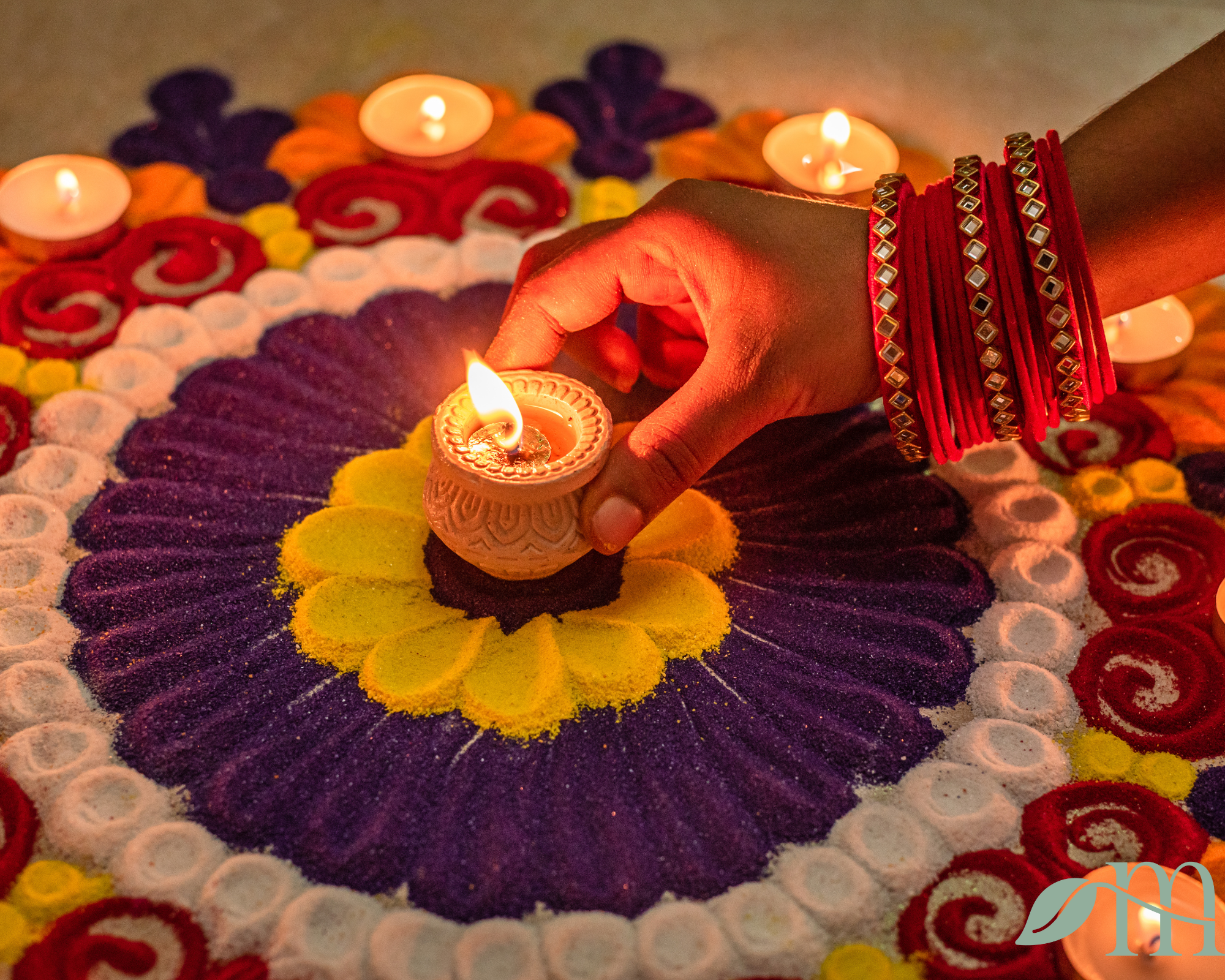

The Montessori approach to education emphasizes respect, curiosity, and cultural understanding. Teaching children about holidays around the world aligns perfectly with these principles. By exploring global traditions, children learn to appreciate differences, embrace diversity, and develop a sense of interconnection. Here’s a closer look at how Montessori values can inspire meaningful learning during the holiday season.
Maria Montessori believed that fostering a global perspective helps children grow into compassionate and respectful adults. Exploring holidays around the world introduces children to different cultures, values, and ways of celebrating, making them more open-minded and inclusive.
Montessori classrooms often incorporate multicultural studies into their curriculum. By learning about holiday traditions, children gain an understanding of how families worldwide express love, gratitude, and joy.
Here are some examples of global celebrations that align with Montessori’s focus on culture, respect, and hands-on learning:
Known as the Festival of Lights, Diwali is a time to celebrate light over darkness. Montessori children can create rangoli patterns using colored sand or explore the symbolism of diyas (oil lamps). These activities offer sensory experiences while teaching children about Indian traditions.
St. Lucia’s Day celebrates light during the long Scandinavian winter. Montessori students might enjoy baking saffron buns or singing traditional songs, experiencing how Swedish families honor hope and warmth.
Montessori activities can include learning about the menorah, playing dreidel games, and exploring the meaning of Hanukkah traditions. These hands-on experiences deepen children’s understanding of Jewish culture.
This nine-day celebration reenacts Mary and Joseph’s search for shelter. Montessori educators can introduce children to traditional songs, piñatas, and Mexican holiday foods, highlighting the importance of community and hospitality.
With its focus on African heritage, Kwanzaa aligns with Montessori’s emphasis on cultural pride and community values. Montessori activities can include making a kinara or discussing Kwanzaa’s seven principles, such as unity and creativity.
Parents can foster cultural understanding by incorporating holidays around the world into their family traditions:
When children learn about holidays around the world, they gain more than cultural knowledge. They develop empathy and respect for differences, core values in Montessori education. These experiences encourage children to see the world as an interconnected community, where diversity is celebrated.
By emphasizing shared values—like love, gratitude, and family—children learn that, despite differences in traditions, we all seek connection and meaning during the holiday season.
Exploring holidays around the world the Montessori way helps children celebrate diversity while fostering curiosity and acceptance. Whether in a classroom or at home, engaging with global traditions offers meaningful lessons in respect and connection.
How do you celebrate multicultural holidays in your family? Share your traditions in the comments below, and let’s inspire each other with the spirit of inclusion and joy!
Copyright © 2024-2025 The Montessori Studio | Site Crafted by Felicity Creative